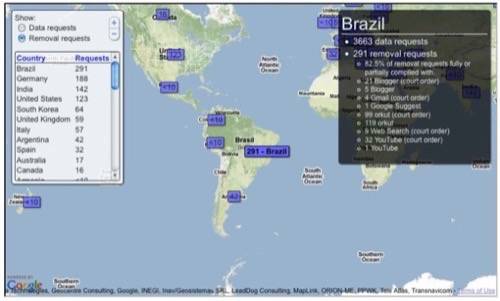Google has updated its Government Requests tool with data from the first half of this year. For the first time, the report discloses the number of users or accounts specified, not just the number of requests. Google also made the raw data behind government requests available to the public.

Google launched its interactive transparency report last year. U.S. requests for google user data have spiked in the past six months, and Google complies 93% of the time. Google’s transparency efforts have displeased some governments, but its compliance with requests have upset some civilians, too. In this increasingly weird new world, Google can only err on the side of more transparency while pushing for better laws.
Google has tons of data about us. That’s its business. We are its products – good little data-makers – which Google sells to its customers, the advertisers. As a huge storehouse of data about the public, Google is one of many Web services from which the federal government regularly requests user data. Social media investigations are the new wiretap.
How a Web company responds to government requests is a public test of its values, and users should take note. As we saw this month, Google handed over a WikiLeaks volunteer’s Gmail contacts and IP address in response to a court order under the Electronic Communications Privacy Act of 1986, which allows the government to demand this information without even notifying the user.

Electronic communications have changed a bit since 1986. They form a ubiquitous, always-on fabric of our lives now. Fortunately, Google isn’t any happier with the status quo than privacy-aware users are. It’s among a number of major Web companies pushing for better laws. And Google and other data-mining companies take their roles in public policy seriously. Both Google and Facebook’s lobbying efforts broke records this year.
Do you think Google is doing a good job on transparency? Sound off in the comments.

















